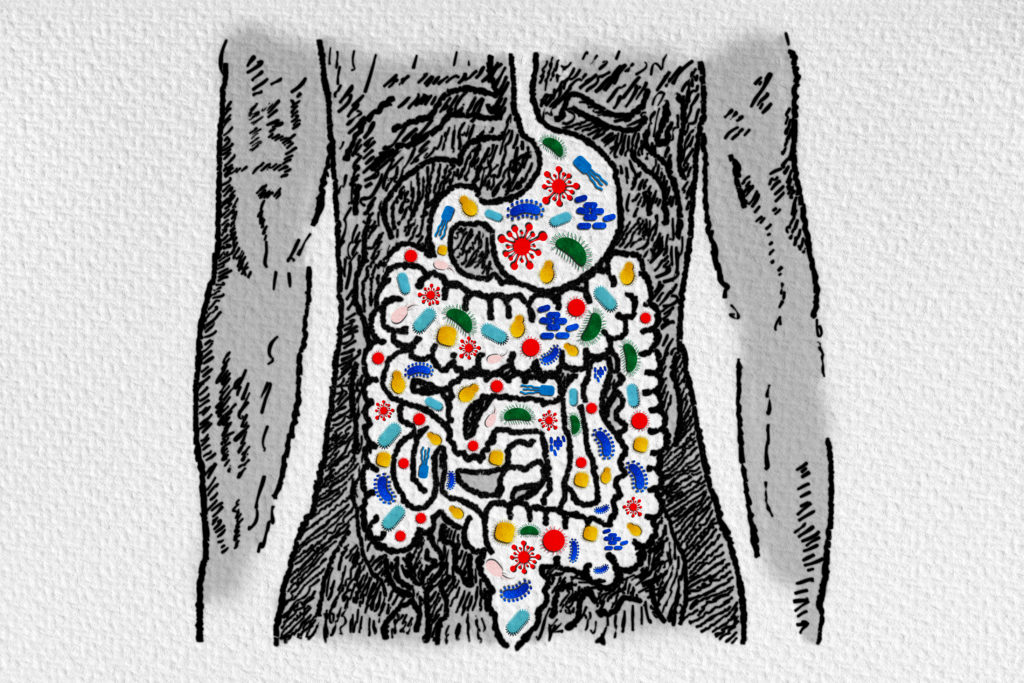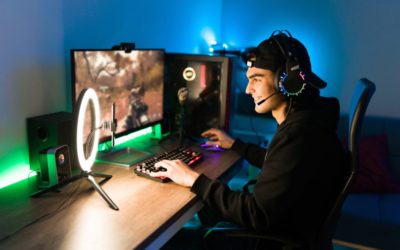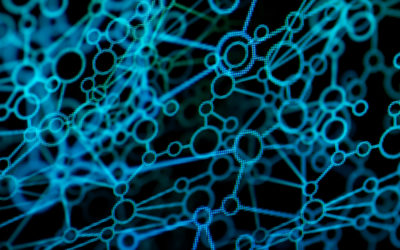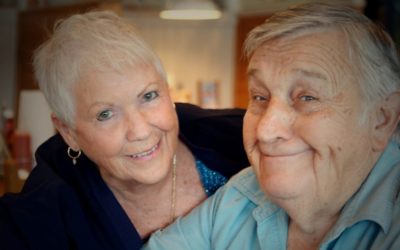Quick Hits
Daily brief research updates from the cognitive sciences

Who wouldn’t want to age better – well the results of an unsual study are in and the results are promising and may make many of you who are aging prick up your ears.
The results showed that by transferring gut microbiota from younger to older mice improved multiple signs of aging in the gut, the eyes, and the brain. So far so good but the method with which this is done may make you cringe. This transfer is done through faecal transplants, yes, that is transplanting poo, or matter from your gut!
Now though this may sound disgusting, this is also a known treatment in cases of gut disorders – with a lot of success. Indeed, I have reported on the multiple impacts of the microbiota, our collection of bacteria, on multiple disorders ranging from loneliness, to depression, to increased cognitive ability. It seems like our microbiota is an essential ingredient to remaining healthy and particularly also in aging well.
This particular experiment was focused on aging and also follows on from positive results from blood plasma transplants between young and old mice. Of note is also that the experimental protocol involved faecal transplants from young to older mice and measuring the impacts through different biological markers, and alternatively transferring faecal matter from old mice to young mice and also measuring the impacts.
As already mentioned, when transferring from young to old, the older mice saw improvements in multiple markers in the gut, eyes, and brain. In the reverse condition when the young mice received faecal matter from old mice their condition deteriorated showing the opposite effects with increased inflammation in the brain and depletion of a protein required for normal vision.
This opens up promising new avenues for aging well – and yes, there are already plenty of startups in this space – I am sure that will only increase.
I for one am watching this space closely.

Andy Habermacher
Andy is author of leading brains Review, Neuroleadership, and multiple other books. He has been intensively involved in writing and research into neuroleadership and is considered one of Europe’s leading experts. He is also a well-known public speaker speaking on the brain and human behaviour.
Andy is also a masters athlete (middle distance running) and competes regularly at international competitions (and holds a few national records in his age category).
Reference
Aimée Parker, Stefano Romano, Rebecca Ansorge, Asmaa Aboelnour, Gwenaelle Le Gall, George M. Savva, Matthew G. Pontifex, Andrea Telatin, David Baker, Emily Jones, David Vauzour, Steven Rudder, L. Ashley Blackshaw, Glen Jeffery, Simon R. Carding.
Fecal microbiota transfer between young and aged mice reverses hallmarks of the aging gut, eye, and brain.
Microbiome, 2022; 10 (1)
DOI: 10.1186/s40168-022-01243-w
More Quick Hits
What is the Impact of Gaming on Teenage Mental Health?
Many parents might be worried that gaming will have negative impacts on their children’s mental health – not true. Or only for a small subset…
Why Children Learn More Quickly Than Adults
It might be obvious that kids learn quicker than adults – but this shows for the first time why.
Right, so artificial networks also need sleep!
We need sleep but we are biological entities – that artificial networks improve performance with sleep is pretty fascinating, and insightful.
Making Voting More Effective for Better Decisions
Most of the most important decisions made in business and society are the result of votes – but not all voting methods are equally effective…
We’re Bad at Remembering How Happy We Were
The past ain’t always better – according to this latest research at least…
100 Years of Research Reveal the Most Effective Methods for Learning
New technologies, new research? No, the old methods are the best, and it’s surprisingly simple.






